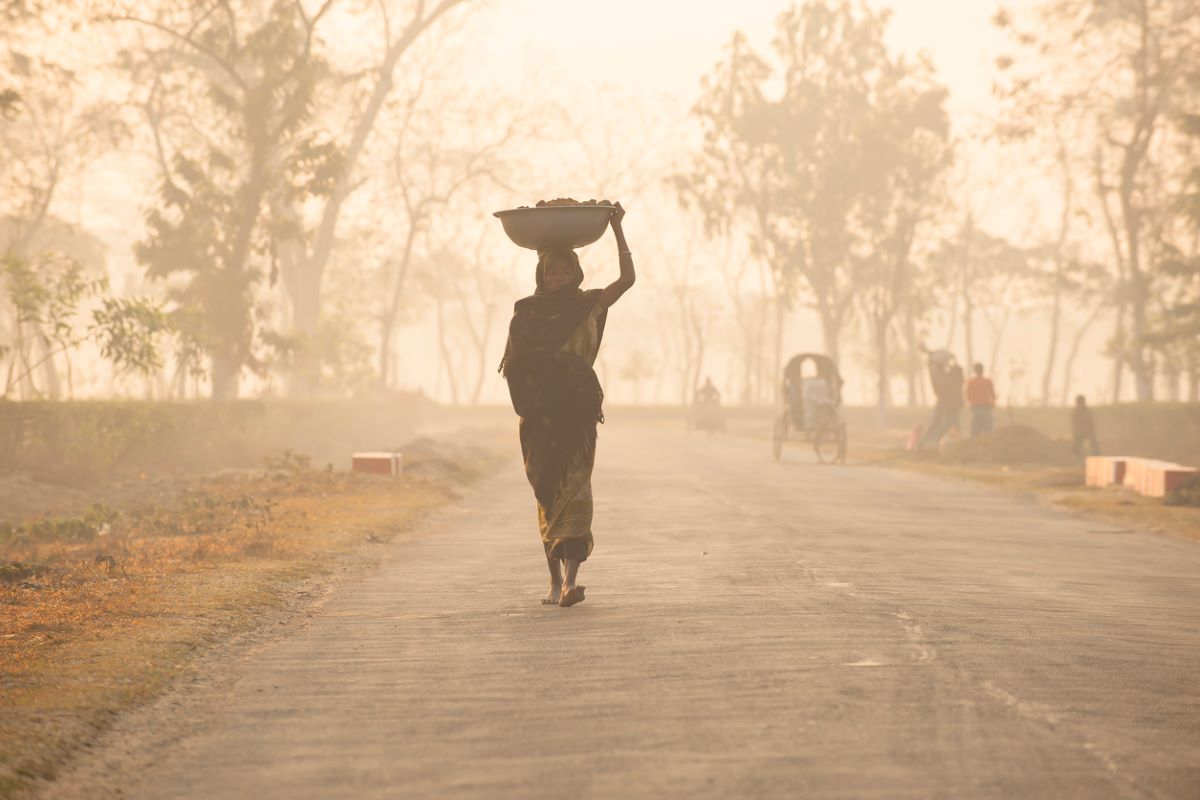TRIFED Managing Director Pravir Krishna has penned a book “Tryst With the Tribes–Tales From Tribal Heartlands” narrating his experiences of working among tribals.
The author says he had the good fortune to work with the vibrant tribal community for over 12 years, first as a District Magistrate in Sarguja, then Bastar, both predominantly tribal districts of Madhya Pradesh and finally as the head of TRIFED in the Ministry of Tribal Affairs, in the last 35 years.
Advertisement
The author has encapsulated all the 12 years of his journey in the book which is published by Rupa Publications, New Delhi.
“Tryst With the Tribes–Tales From Tribal Heartlands” is the story of how a young IAS officer fell in love with India’s tribal heartlands, and how these experiences changed him forever.
Krishna, an IAS officer of the 1987 batch from Madhya Pradesh cadre, first came face-to-face with the stark realities of the exploitation of tribal people when he was posted as the collector and district magistrate of Sarguja, a tribal district in Madhya Pradesh, in 1994. It affected him so deeply that he embarked on a journey towards bettering the lives of tribal people. Ever since he has helped create an atmosphere in which tribals trade freely and earn more.
The author has offered various hands-on suggestions for transforming symbolic legislation for the tribes to a more robust approach to tribal development that is based on strengthening self-help; use of local resources and the traditional and sound skills and knowledge-bank of the tribes; and the need to develop enterprises based on these resources.
Krishna earned the title ‘Imli Krishna’, when he conceptualised and spearheaded the Imli Andolan of Bastar helping 30 lakh tribals to get a fair deal for their trade and become masters of their destinies.
The book is a labour of love and sweat, hard work and persistence, explaining how the bureaucrat led the “Imli Andolan” to a nationwide platform, which Krishna fondly calls the ‘Tribal AMULTransformation’.
“My tryst with tribal India began when I was posted as a collector in Sarguja. The then Sarguja district covered almost the entirety of the northern, hilly part of present-day Chhattisgarh. Mine was a most sudden posting,” Krishna says in the book.
“My Sarguja posting initiated me into the intricacies and ground realities of the tribal way of life, its challenges, and rewards. For an outsider to be acknowledged as one belonging to the tribes is a rare honour ! I count it as a major earning!
Less than three years later, I was transferred to Bastar, a more densely populated tribal district, as Collector. That opened a major chapter in my career, and changed my mind forever,” says the author.









